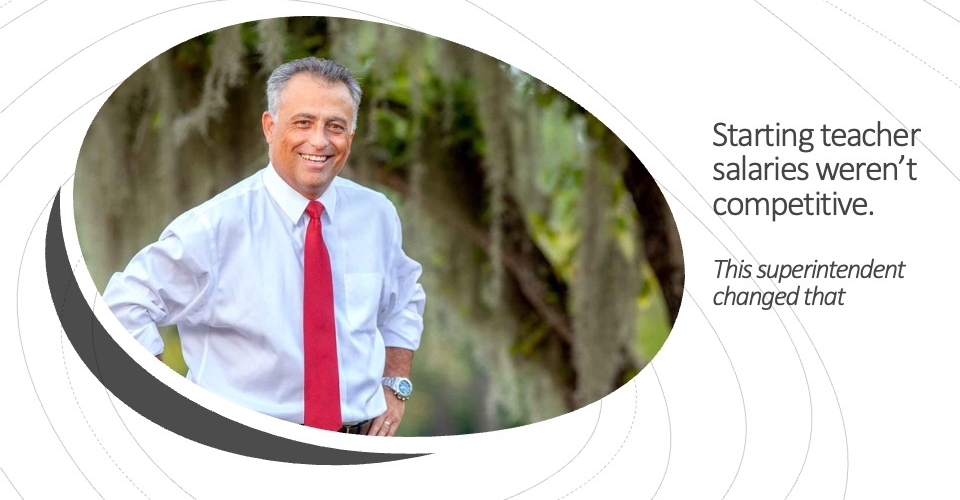Over the past few years, educators have witnessed the multifaceted impact the pandemic has had on students. Math and reading scores continue to suffer among 13-year-olds, per the latest available data from the National Assessment of Educational Progress. Administrators are still witnessing student behavior issues play out in their schools. But what about civics education, a topic that has grown in importance among district leaders in recent years?
Even before the pandemic, civics education was a point of controversy as researchers cited historic lows in Americans’ civic knowledge and public engagement. A 2018 study by American Progress, a public policy research and advocacy organization, found that the national average test score on the AP U.S. government exam was 2.64, which was lower than the average AP score of all but three of the remaining 45 exams offered by U.S. schools.
Fast forward to 2022, you’ll find that civics education stalled, but not just in the U.S. Globally, researchers are witnessing a rather grim picture of the state of civics education.
According to the International Civic and Citizenship Education study published this week, the average civics knowledge among 8th graders across 22 countries dipped 13 points out of 750 from 2016-2022. Additionally, zero countries produced higher average achievement scores during this time period, seven countries’ scores remained the same and six saw lower average achievement scores.
“This marks a clear contrast to trend results of the previous cycle, where between 2009 and 2016 we instead saw increases and no decreases,” International Association for the Evaluation of Educational Achievement Executive Director Dirk Hastedt said in a statement.
While the U.S. did not participate in this international study, the findings represent 82,000 students across 22 participating countries and two states in a twenty-third country, which also mirror those published by the NAESP’s Civics Assessment in 2022. According to the NAESP, the average civics score among U.S. eighth graders decreased by two points compared to 2018 figures.
Districts’ efforts to bolster civics education
In light of these statistics, several school districts have already embarked on various efforts to improve civics education in their communities, one of them being Chicago Public Schools.
Last year, CPS implemented a separate department on student voice and engagement, which includes civic education.
“In order to ensure our young people help to shape an equitable democracy, it is critical we include them meaningfully in civic and community life,” according to the district’s website.
As part of their “Ready for Civic Life” plan, CPS’ vision is to:
- Recognize their impact and areas of growth.
- Define what it means to set students up for a successful “civic life” and why achieving equity in their schools and the community is essential.
- Share the civic life lens and practices with all stakeholders.
- Communicate initiatives and strategic plans that are redesigned to extend civic life across content areas.
“Participating in civic life isn’t necessarily something you can just study about,” former Executive Director of CPS’ Student Voice and Engagement Heather Van Benthuysen told WBEZ Chicago. ”
Earlier this year, New Hampshire passed a bipartisan bill that would require elementary and middle school students to receive civics education in addition to high school students. According to Senate Bill 216, civics education programs throughout the state must include things like:
- Dedicated class time for civics in each elementary grade, which can be embedded with other subjects.
- A half-year course, or the equivalent, of a civics course in middle and high school.
- A one-year course of instruction in history, government and constitutions of the United States and New Hampshire in high school as required for graduation.
“Democracy only works if we are all actively participating,” Anna Brown, director of research and analysis for Citizens Count, a nonprofit organization monitoring political issues in New Hampshire, told the New Hampshire Business Review.









